
Nestlé accused of making ‘zero progress’ on plastic pollution
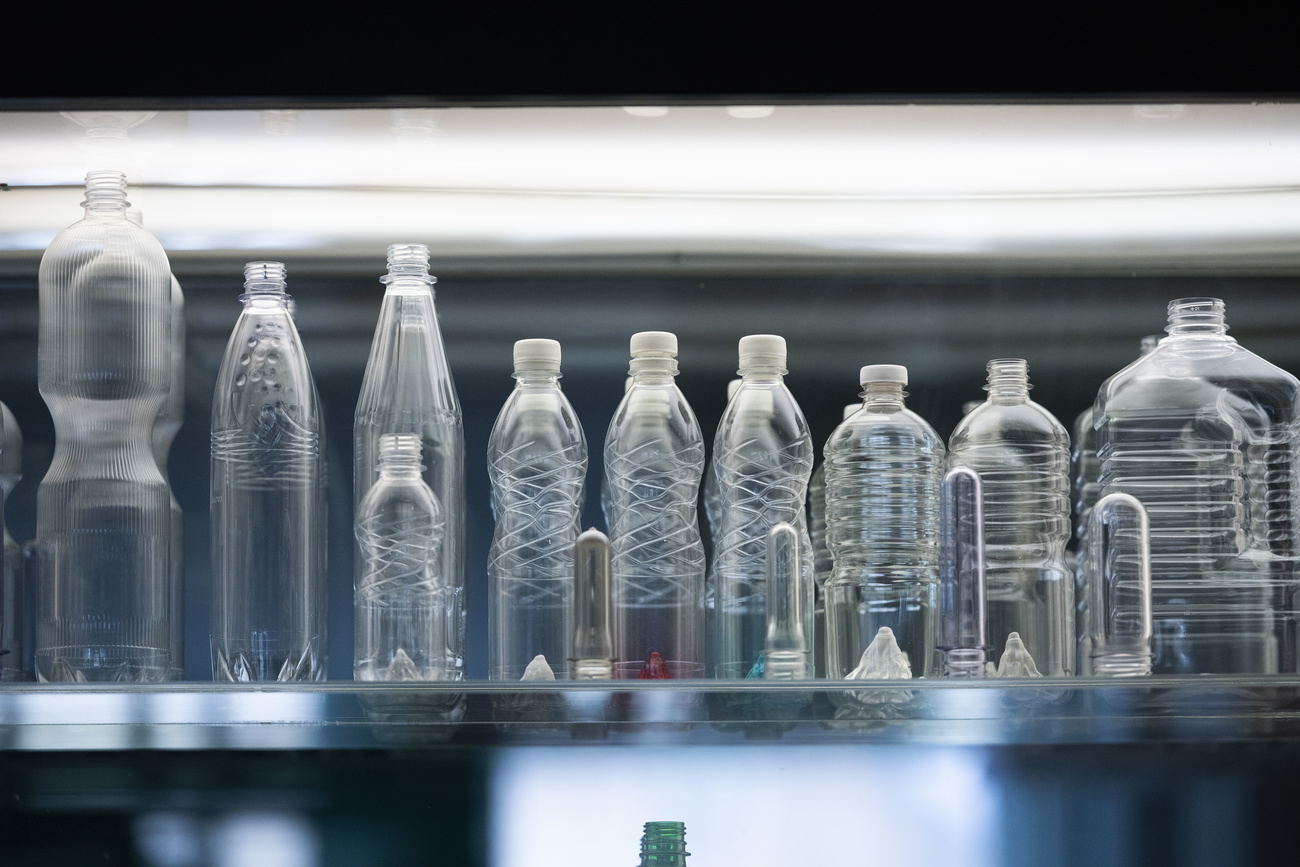
The Coca-Cola Company, PepsiCo and Swiss multinational Nestlé are the world’s worst plastic polluters for the third consecutive year, according to a report.
Global movement Break Free From Plastic (BFFP) announced on Wednesday that its third brand auditExternal link had collected 346,494 pieces of plastic from 55 countries.
Break Free From PlasticExternal link is a global movement working for a future free from plastic pollution.
Its third annual report, “BRANDED Vol III: Demanding Corporate Accountability for Plastic Pollution”, was released on Wednesday.
Since its launch in September 2016, over 1,900 non-governmental organisations and individuals from across the world have joined the movement to demand massive reductions in single-use plastics and to push for lasting solutions to the plastic pollution crisis.
“It’s not surprising to see the same big brands on the podium as the world’s top plastic polluters for three years in a row. These companies claim to be addressing the plastic crisis yet they continue to invest in false solutions while teaming up with oil companies to produce even more plastic,” said Abigail Aguilar, plastics campaign regional coordinator for Greenpeace Southeast Asia.
“To stop this mess and combat climate change, multinationals like Coca-Cola, PepsiCo and Nestlé must end their addiction to single-use plastic packaging and move away from fossil fuels.”
Nestlé, in third position, was followed by Unilever and Mondelez International.
Although Nestlé had reduced its consumption of plastics compared with 2019, it had increased its share of reusable, recyclable or compostable plastics by only 1%, Greenpeace said. Ultimately, reusable solutions represent only 1% of its range.
For its part, in 2018 Nestlé committed to make 100% of its packaging recyclable or reusable by 2025. Last year, it launched a new packaging institute with the specific goal to address the global problem of plastic waste.
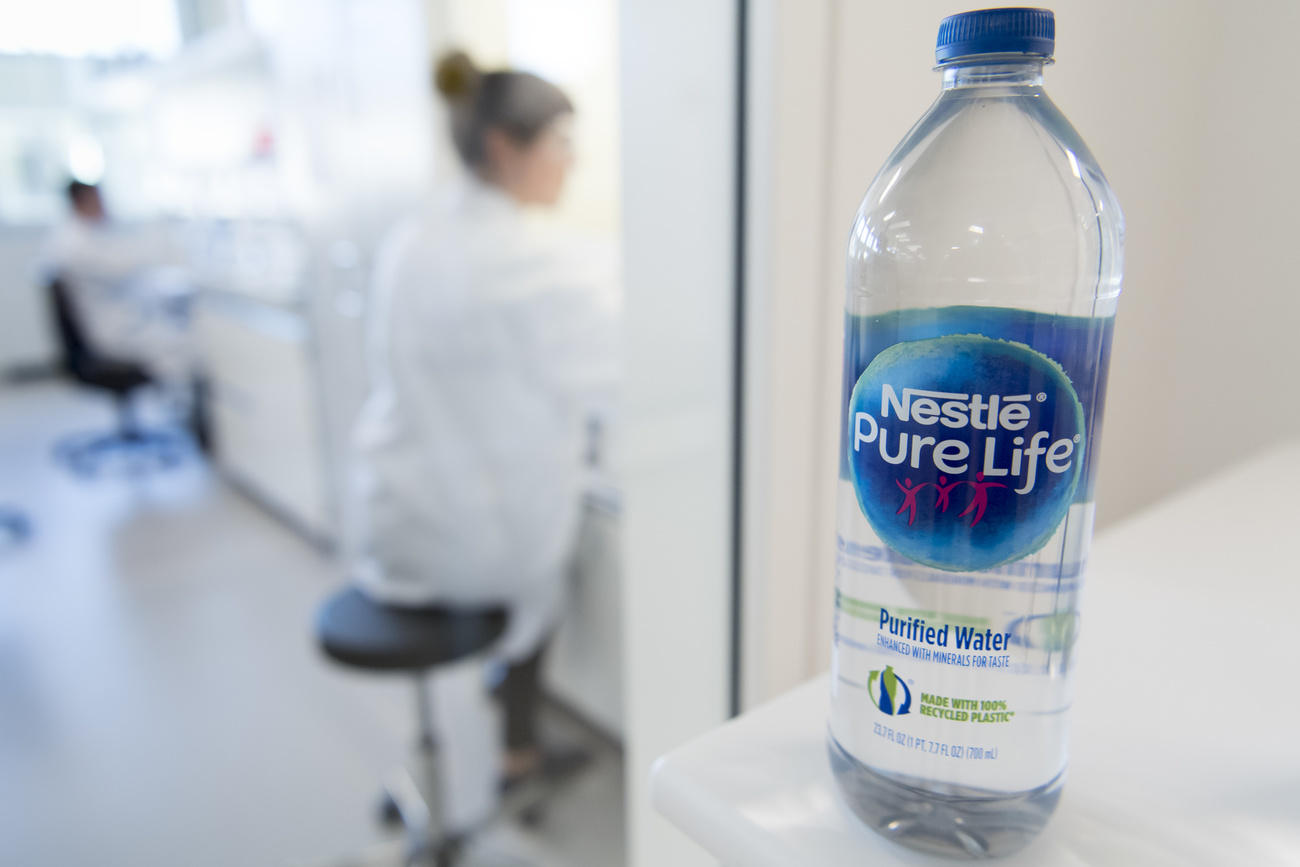
More
Nestlé launches packaging institute to address plastic waste
‘Zero progress’
However, BFFP, citing the latest report from the Ellen MacArthur Foundation, said these corporations had made zero progress in addressing the plastic pollution crisis.
Single-use plastic has devastating effects not only on our earth but for frontline communities around the world, BFFP said. Waste pickers and community members in the Global South are witnessing the rapid escalation of low-grade single-use plastic packaging being aggressively placed in the market by major multinational corporations.

More
Why don’t the Swiss recycle more plastic?
If business continues as usual, plastic production could double by 2030 and even triple by 2050. it said.
“We need to stop plastic production, phase out single-use and implement robust, standardised re-use systems. Coca-Cola, PepsiCo and Nestlé should be leading the way in finding real solutions,” said Emma Priestland, BFFP’s global corporate campaigns coordinator.
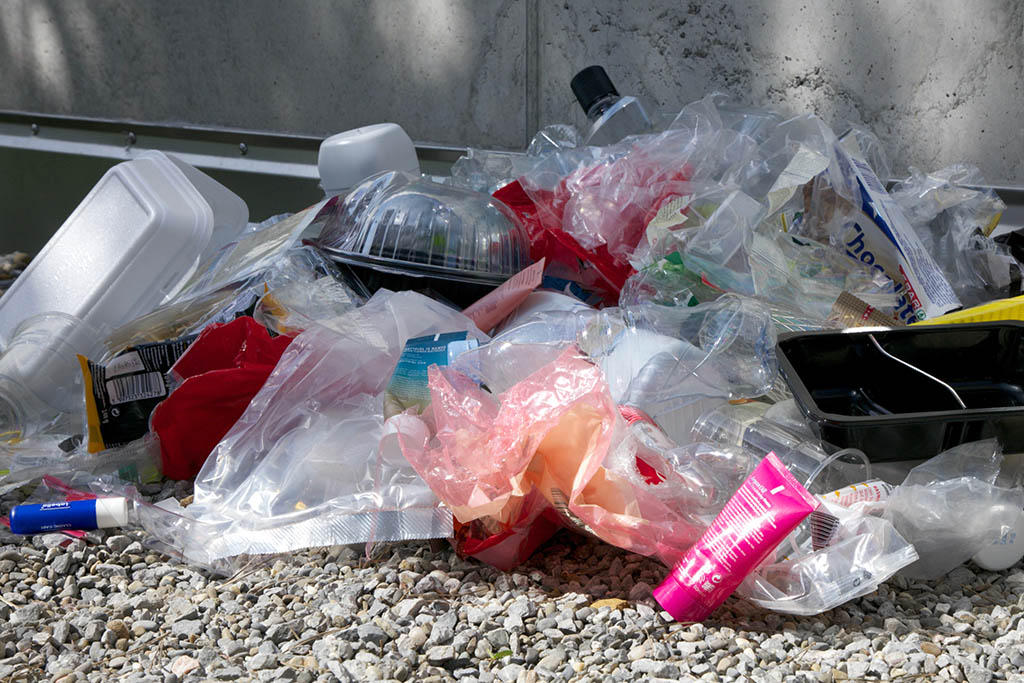
More
Are companies and consumers ready to shun plastic?

In compliance with the JTI standards
More: SWI swissinfo.ch certified by the Journalism Trust Initiative
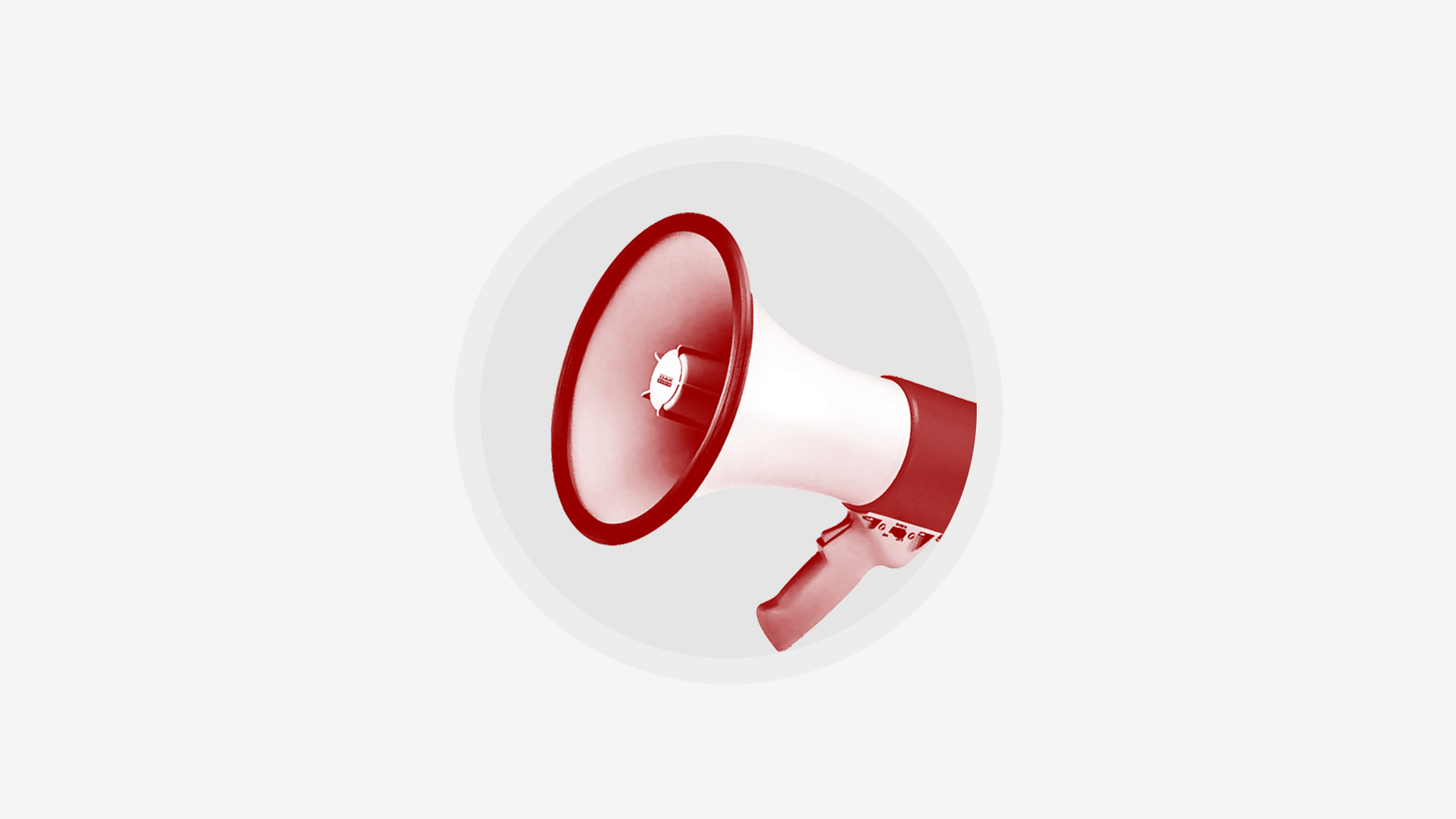

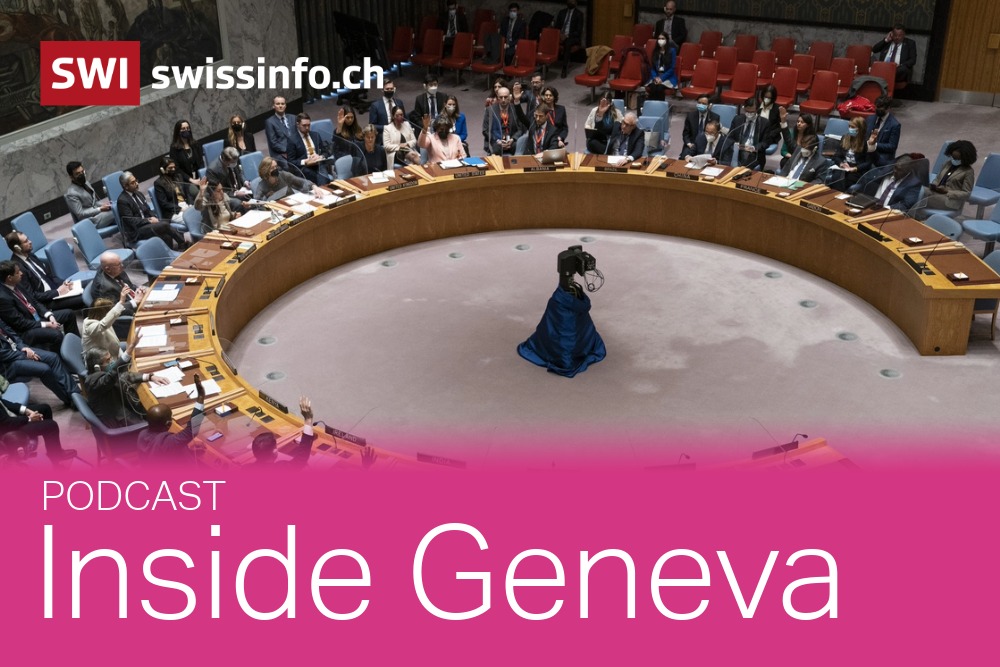















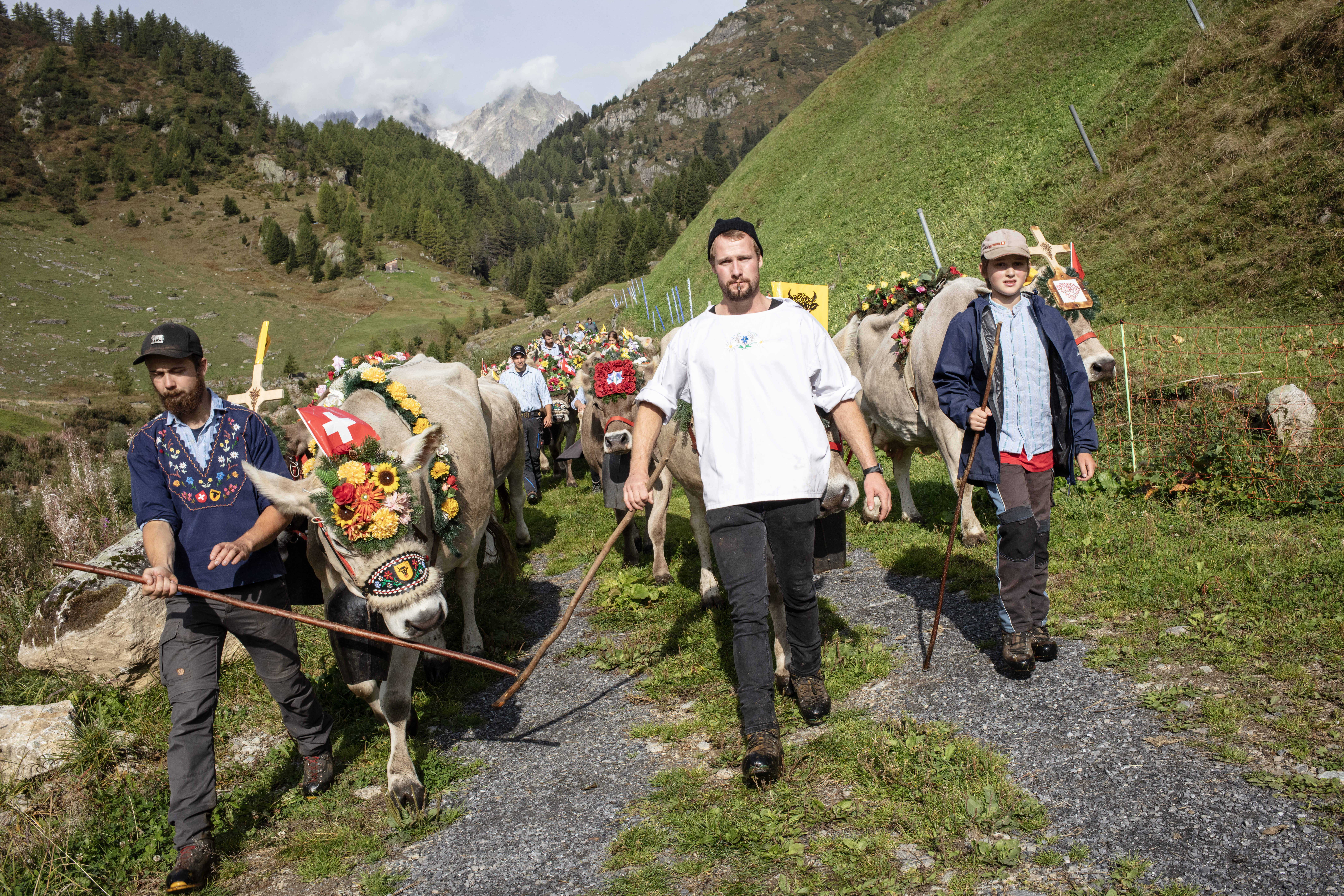









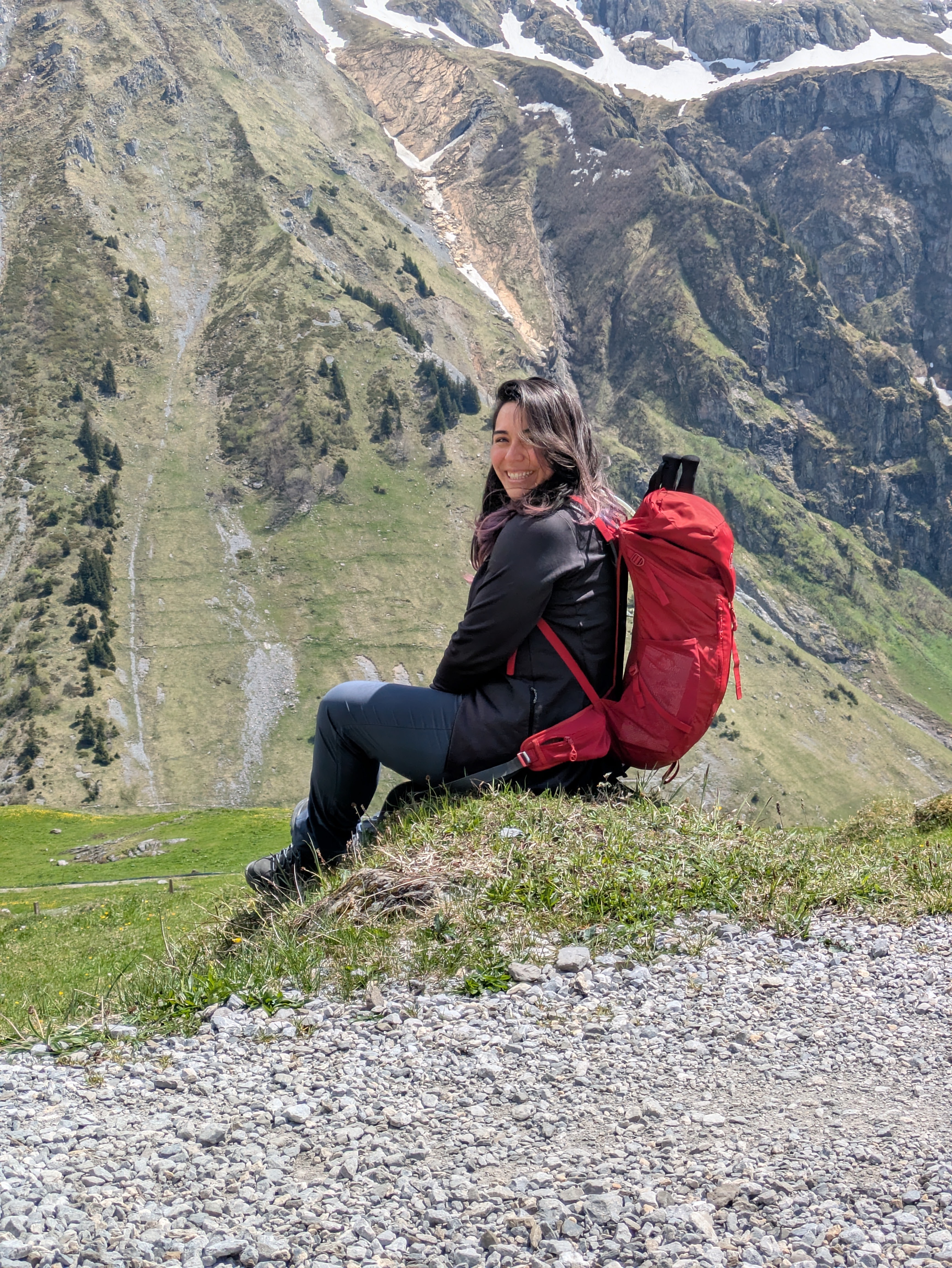

You can find an overview of ongoing debates with our journalists here . Please join us!
If you want to start a conversation about a topic raised in this article or want to report factual errors, email us at english@swissinfo.ch.